Governing Bodies
The controlling authorities of the Università Politecnica delle Marche are divided into:
a) Governing Bodies;
b) Advisory Bodies.
The governing bodies are:
-
The Chancellor
The Chancellor represents the University in all legal matters and promotes and implements strategies and lines of development for the University which are designed to enhance the pursuit of institutional goals.
The Chancellor also sets down guidelines for administration and management and defines levels of organisation and areas of responsibility within the university.
As head of University Governance, the Chancellor is responsible for verifying the compliance of administration and management results with the targets set.
-
The Vice Chancellor
The Chancellor appoints a Vice-Chancellor, chosen from among the full-time professors (or from those who opt for full-time on taking up the appointment) who substitutes the Chancellor in the event of absence or temporary impediment. This appointment expires at the end of the Chancellor’s term of service.
-
The Academic Senate
The Academic Senate is the governing body of the University. It is also responsible for the guidance, planning and coordination of the University’s educational activities and research.
-
The Board of Directors
The Board of Directors oversees administrative and financial affairs, accounts and assets.
The advisory bodies are the Board of Students and the Evaluation Unit
-
The Student Council
The Student Council is made up of University student representatives and acts in an advisory and proposal-making capacity, in particular, supervising matters concerning student status and conditions.
-
The Evaluation Team
The internal Evaluation Team's task is to verify, through comparative analysis of costs and returns, the proper and economic management of resources, research productivity and teaching, as well as the administrative fairness and efficiency. It is an internal system to evaluate administrative management, teaching, research, and action to support study rights.
